Why is it so hard to sit down and write?

By Emily Hanlon
Writing and Creativity Coach
firstwriter.com – Sunday July 26, 2009
Creativity is a subtle and magnificent dance between the rational and the intuitive, between the left and right parts of the brains, between technique and imagination. Both partners in this dance are absolutely necessary and are needed in equal proportion, which means that imagination is not more important than technique and visa versa.
If you only live in the imagination, you will never get organised, you will never complete your story. However, if you start from the rational, linear, organisational part of the process, (i.e. Gotta have the perfect opening sentence and first paragraph… better yet, an outline…) you will never fall into the rich, passionate cosmic landscape of the imagination where anything is possible.
Overwhelming, the main problem I have seen in my thirty years of teaching writing is over-dependence on the rational part of the equation. People want to get the story written and "get it out". They want to leapfrog the process, get the words down on the page and finish the story. Not that there is anything wrong with finishing your story! There's not. It is a great accomplishment, one to be celebrated, regardless of whether or not the story or book ever gets accepted for publication! However, it is in the writing that the writer experiences the deeper life-enhancing journey of creativity.
There are so many examples of ways we short-cut the gifts the creative process offers. Take, for example, the adage, "Write what you know". If you write from what you know, if you remain slavish to the facts of what happened, you are writing out of your conscious mind and will remain stuck in the straightjacket of your conscious perception of "reality". This is contradictory to creativity which, by definitions, is brings into existence that which has not been before.
That said, there is nothing wrong with using your life or any aspect of your experiences as a jumping off point or a doorway into the unconscious. The key is not to be slavish to the known. Rather we need to have our writer's antenna on the lookout for the doorway into the unknown and the unseen. Gertrude Stein put it this way: "You cannot go into the womb to form the child... What will be best in it (your writing) is what your really do not know now. If you knew it all it would not be creation but dictation."
About the Author
Emily Hanlon has been a writing coach for over thirty years. She demystifies the writing process with her two pronged approach of teaching technique and unleashing creativity. In addition to private coaching, she offers, workshops, retreats, teleseminars and teleworkshops. Her novel,Petersburg, reached the best sellers list in England. In addition to five other works of fiction, she has written a book on writing, The Art of Fiction Writing or How to Fall Down the Rabbit Hole Without Really Trying. Her websites are: http://www.thefictionwritersjourney.com andhttp://www.creativesoulworks.com.




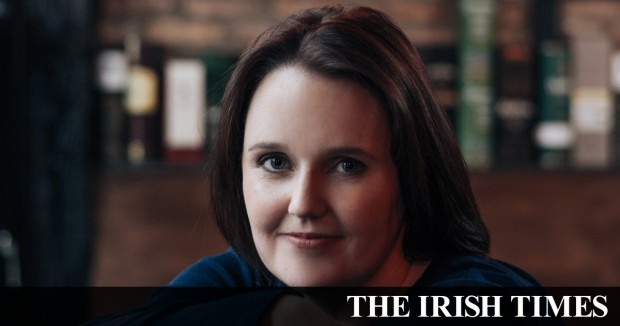 Writing a novel is hard but the story shouldn’t be. It should be your favourite thing
Writing a novel is hard but the story shouldn’t be. It should be your favourite thing Nine things not to do if you want to write/paint/create
Nine things not to do if you want to write/paint/create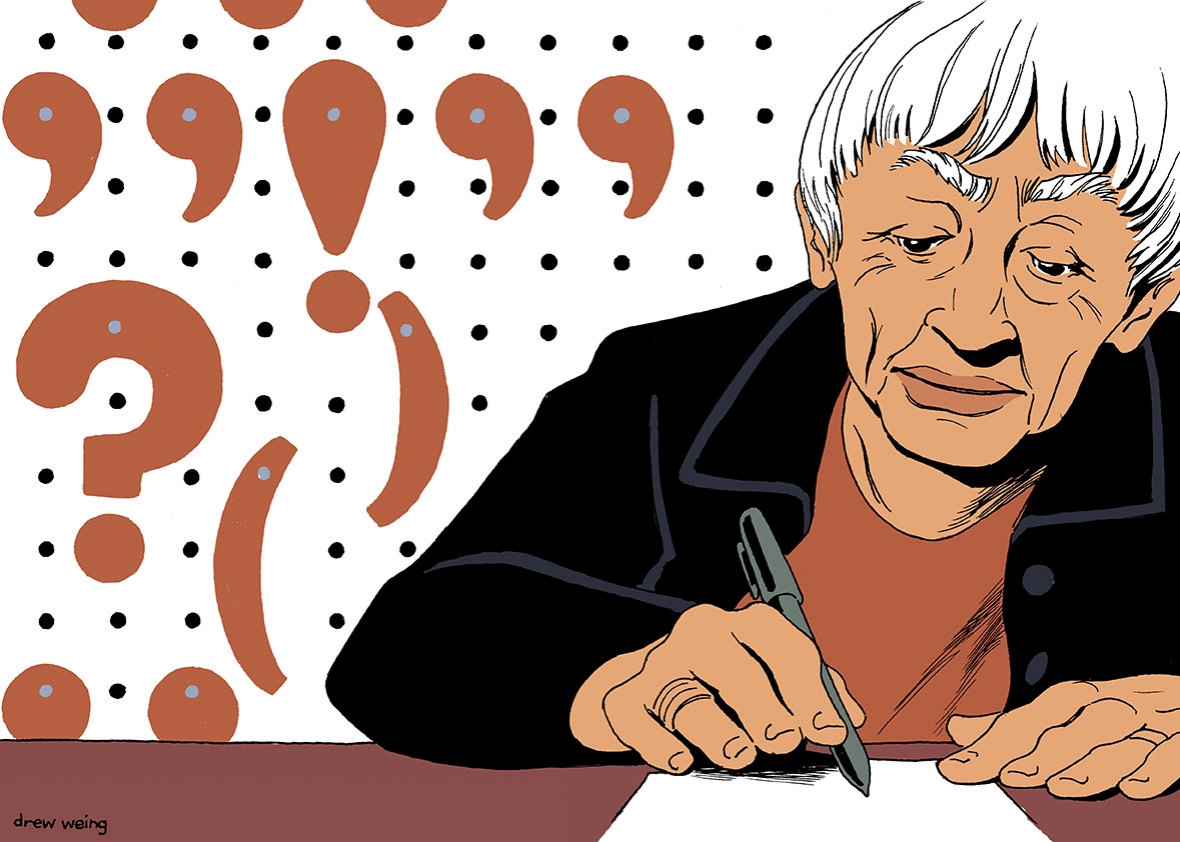 Unlearning to Write
Unlearning to Write How to write a book review
How to write a book review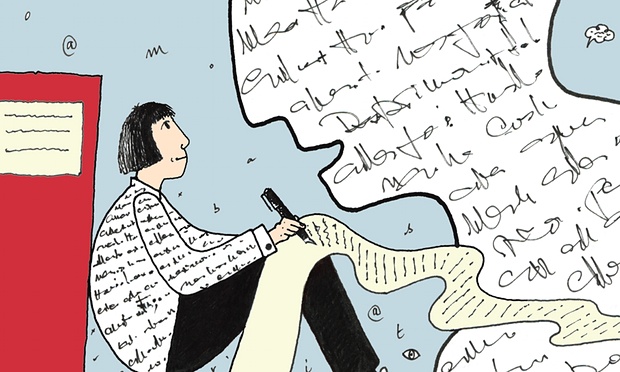 Struggling as an author? Stop writing only what you want to write
Struggling as an author? Stop writing only what you want to write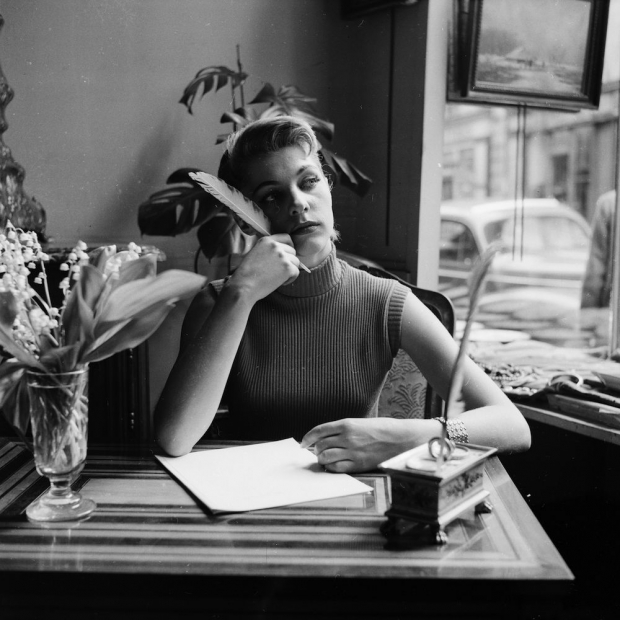 How To Write A Novel (And Actually Get It Published)
How To Write A Novel (And Actually Get It Published) How To Write A Book When You Have A Full-Time Job
How To Write A Book When You Have A Full-Time Job The 15 Stages of Sitting Down to Write
The 15 Stages of Sitting Down to Write Is 2017 Your Year To Write And Publish A Book?
Is 2017 Your Year To Write And Publish A Book? Trick Yourself Into Writing Well by Telling Yourself to Write Badly
Trick Yourself Into Writing Well by Telling Yourself to Write Badly How to write a book: 11 tips on creating a bestseller from published authors
How to write a book: 11 tips on creating a bestseller from published authors Top 10 tips on how to write like William Shakespeare
Top 10 tips on how to write like William Shakespeare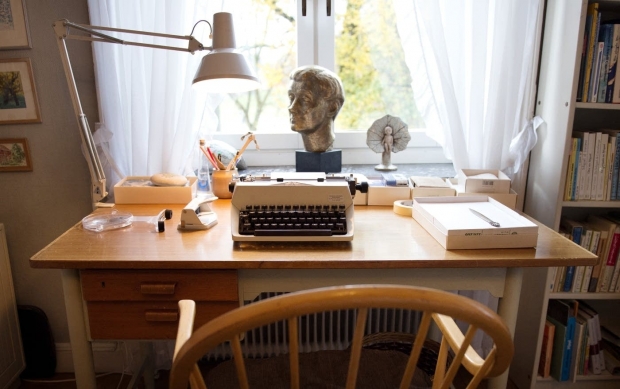 Make this the year you finally write your book
Make this the year you finally write your book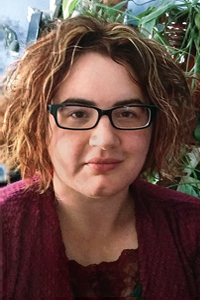 Kameron Hurley: How to Write a Book in a Month
Kameron Hurley: How to Write a Book in a Month Teaching William Zinsser to Write Poetry
Teaching William Zinsser to Write Poetry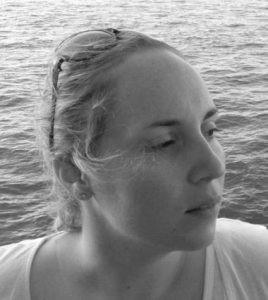 What is your writing goal? Digging into the real reason to write
What is your writing goal? Digging into the real reason to write Why You Should Write for Free
Why You Should Write for Free Novelist Keshava Guha to become Aevitas UK's first literary agent in India
Novelist Keshava Guha to become Aevitas UK's first literary agent in India New Literary Agent Listing: Lily Dolin
New Literary Agent Listing: Lily Dolin Top literary agent and businessman Esmond Harmsworth dies at 57
Top literary agent and businessman Esmond Harmsworth dies at 57 New £10k writing prize launched at Sherborne Travel Writing Festival
New £10k writing prize launched at Sherborne Travel Writing Festival 9 Companies Hiring Remote Freelance Writers In 2025
9 Companies Hiring Remote Freelance Writers In 2025 University of Liverpool seeking literary stars for 500-word writing competition
University of Liverpool seeking literary stars for 500-word writing competition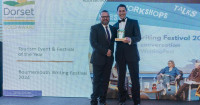 A look ahead to the 2025 Bournemouth Writing Festival
A look ahead to the 2025 Bournemouth Writing Festival Johnson & Alcock and New Writing North unveil new award for debut writers
Johnson & Alcock and New Writing North unveil new award for debut writers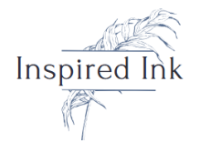 New Literary Agency Listing: Inspired Ink Literary
New Literary Agency Listing: Inspired Ink Literary Writing festival to host first naked workshop
Writing festival to host first naked workshop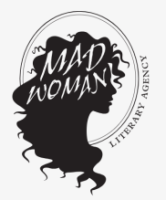 New Literary Agency Listing: Mad Woman Literary Agency
New Literary Agency Listing: Mad Woman Literary Agency The AI Romance Factory
The AI Romance Factory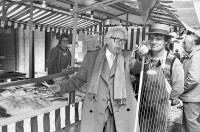 The Laurie Lee Prize for Writing: submissions now open
The Laurie Lee Prize for Writing: submissions now open Scandal-hit creative writing website NaNoWriMo to close after 20 years
Scandal-hit creative writing website NaNoWriMo to close after 20 years Bournemouth to host romance writing festival for writers
Bournemouth to host romance writing festival for writers
